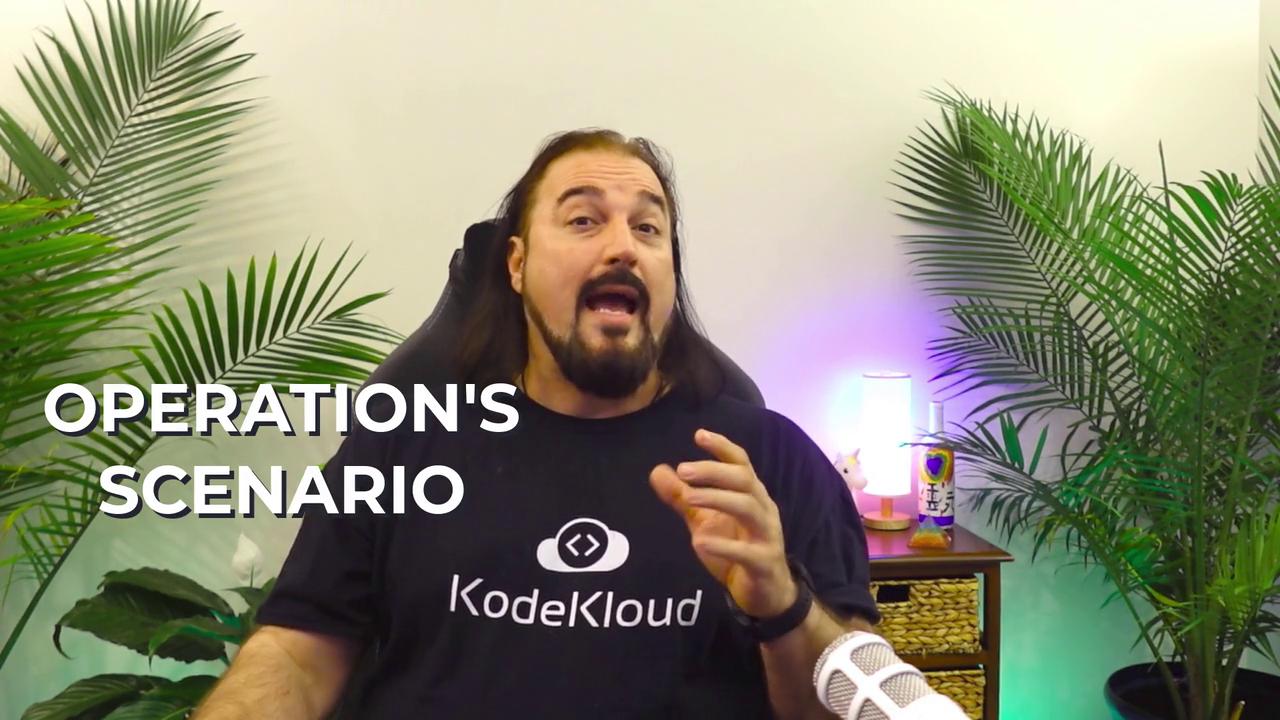Fundamentals of DevOps
Summary
Closing Statements
Congratulations on completing this comprehensive DevOps journey! In this lesson, we revisited the challenges in IT that spurred the evolution of modern approaches and examined how DevOps emerged as a transformative movement. Let's quickly recap the essential topics covered:
Identifying IT Challenges and the Evolution of DevOps:
We began by exploring the obstacles IT professionals often encounter, setting the stage for discussing the birth of DevOps. Historical insights and seminal literature were presented to highlight the movement’s evolution.Defining DevOps and Recognizing Antipatterns:
A detailed definition of DevOps was provided, along with a discussion on common antipatterns and their impact. Related frameworks were also reviewed to provide a broader context.The Role of Culture in DevOps:
Understanding the importance of culture is critical. We examined what culture means within DevOps teams, why it matters, and discussed real-world challenges illustrated through a scenario involving Betty Business.Shared Values and Deployment Strategies:
We emphasized how shared values foster collaboration, further reinforced by a developer’s scenario that demonstrated the need for clear and effective deployment strategies.Team Comparisons and Cross-Functional Benefits:
The advantages of cross-functional teams were compared alongside the successful patterns and pitfalls related to role assignments and team dynamics.

Operational Scenarios and Incident Management:
The operational journey continued with a scenario featuring Ozzy Ops, who navigated a complex incident. This part of the lesson focused on the importance of sophisticated incident management within a DevOps framework.Automation and Maturity Assessment:
A thorough exploration of automation practices was provided, discussing typical patterns and guiding how to evaluate an organization's automation maturity. A Tester’s Scenario further exemplified automation in practice.LEAN Principles and Customer Feedback:
We delved into LEAN fundamentals and illustrated their application through a Product Manager's Scenario, demonstrating how these principles help address customer feedback effectively.Collaboration, Security, and Information Sharing:
The significance of collaboration and information sharing was discussed, alongside a scenario involving a Security Person to underscore the integration of security within DevOps practices.Continuous Measurement with DORA Metrics:
Measurement is key to continuous improvement. Four critical DORA metrics were identified:- Lead time to deploy
- Change frequency
- Mean time to recover
- Change implementation failure rate
These metrics are essential for quantifying the reliability and effectiveness of system changes.
Data-Driven Improvement:
A Data Scientist’s Scenario highlighted how collecting and analyzing data can fuel ongoing enhancements to your DevOps processes.Technology Choices and Modern Approaches:
Finally, we compared traditional methods with modern solutions such as CI/CD and platform engineering. The architect’s journey was illustrated as a pathway to aligning technology choices with team efficiency and innovation.
Next Steps
As you move forward in your DevOps journey, consider revisiting these topics and applying the insights to enhance collaboration, automation, and continuous improvement within your teams.
This lesson has provided a strong foundation for understanding DevOps from multiple perspectives. We now look forward to discussing the next steps in your DevOps evolution. Keep exploring, keep innovating!
Watch Video
Watch video content